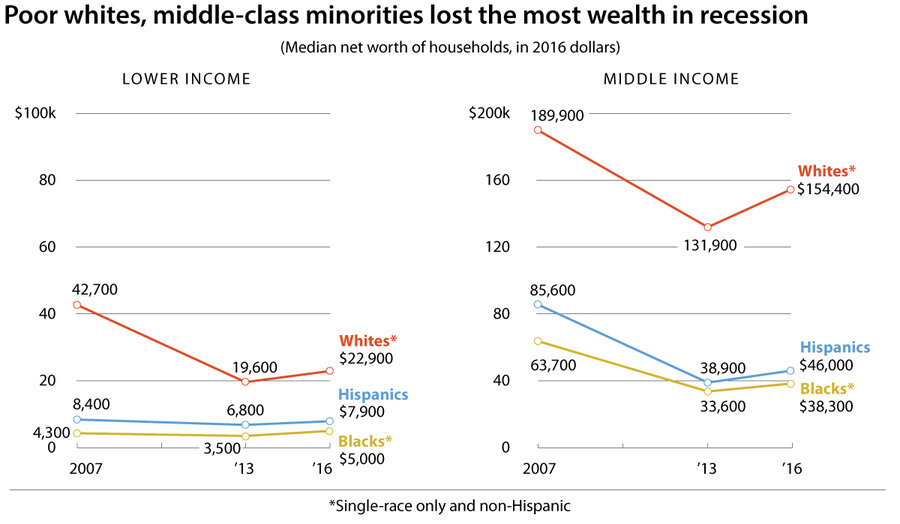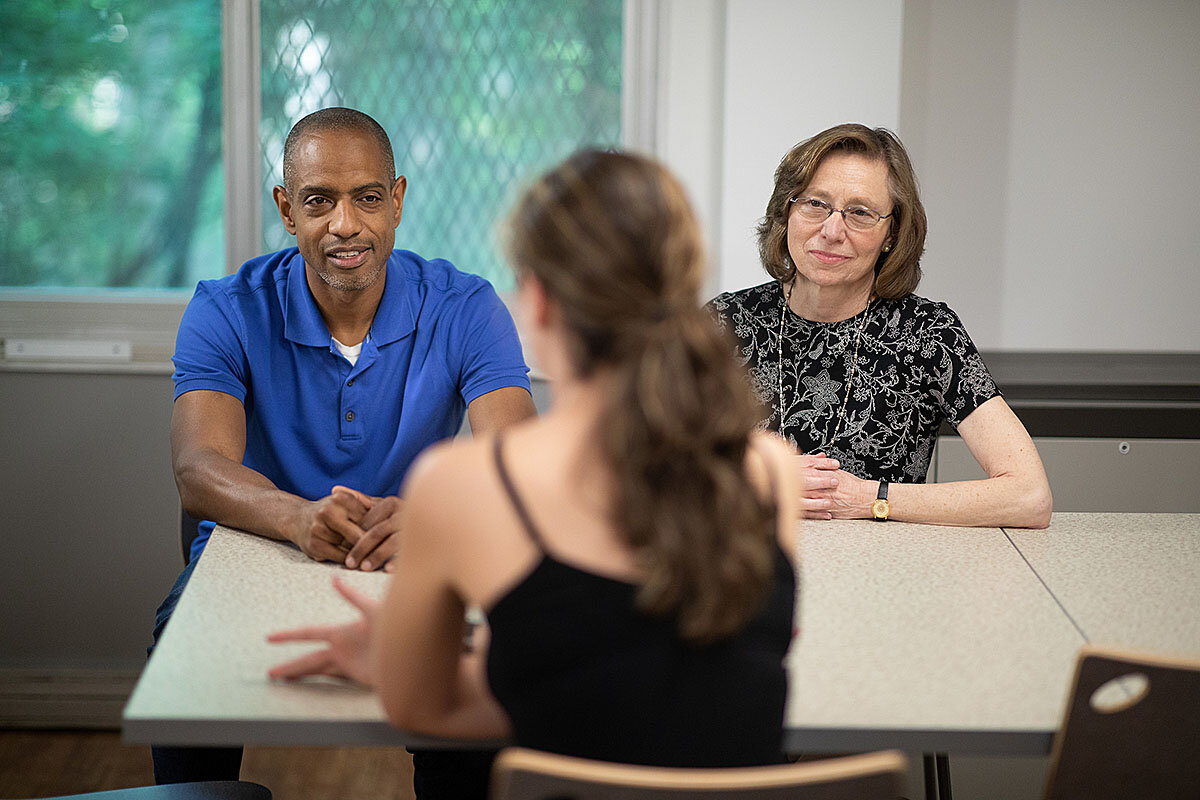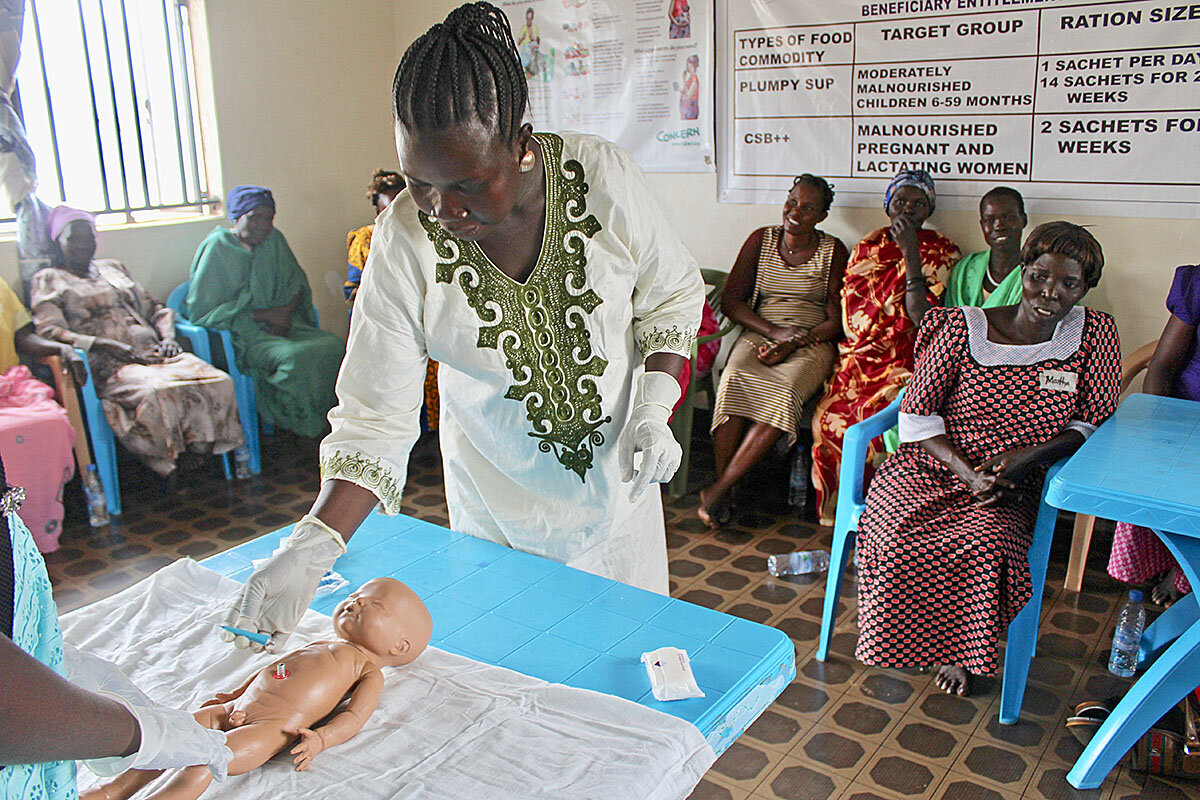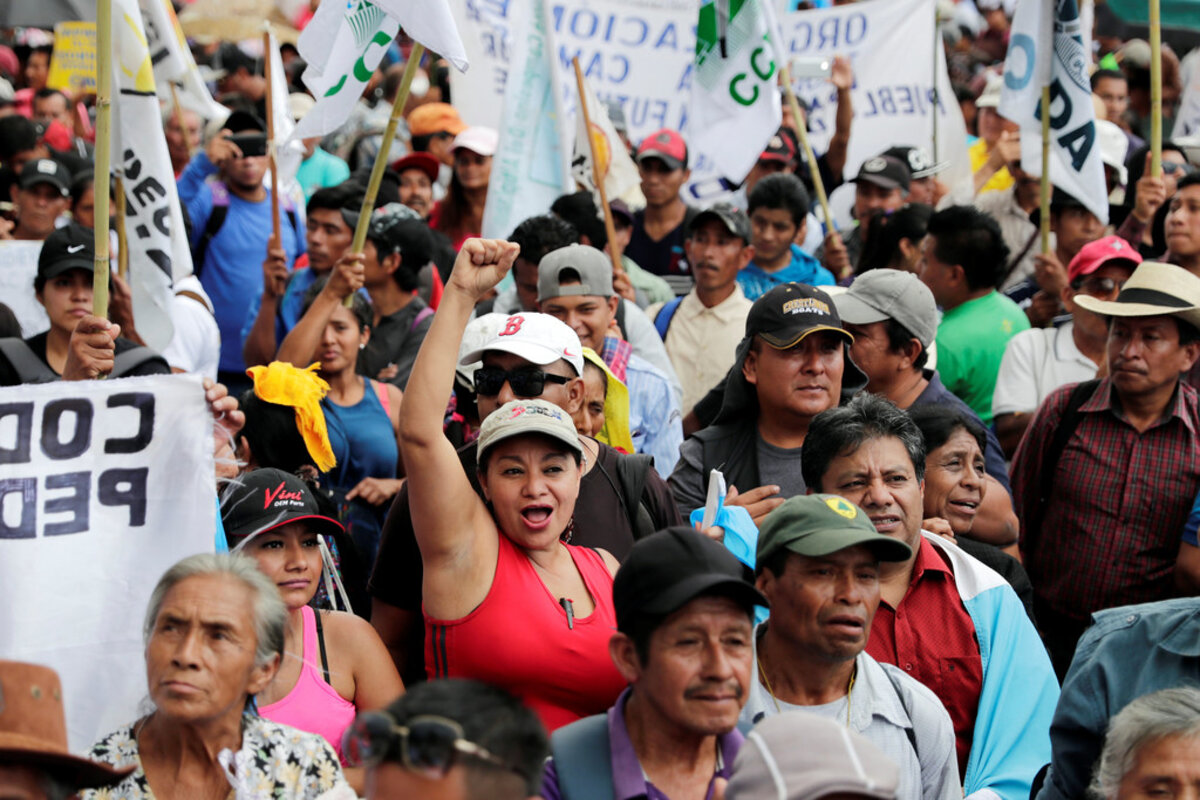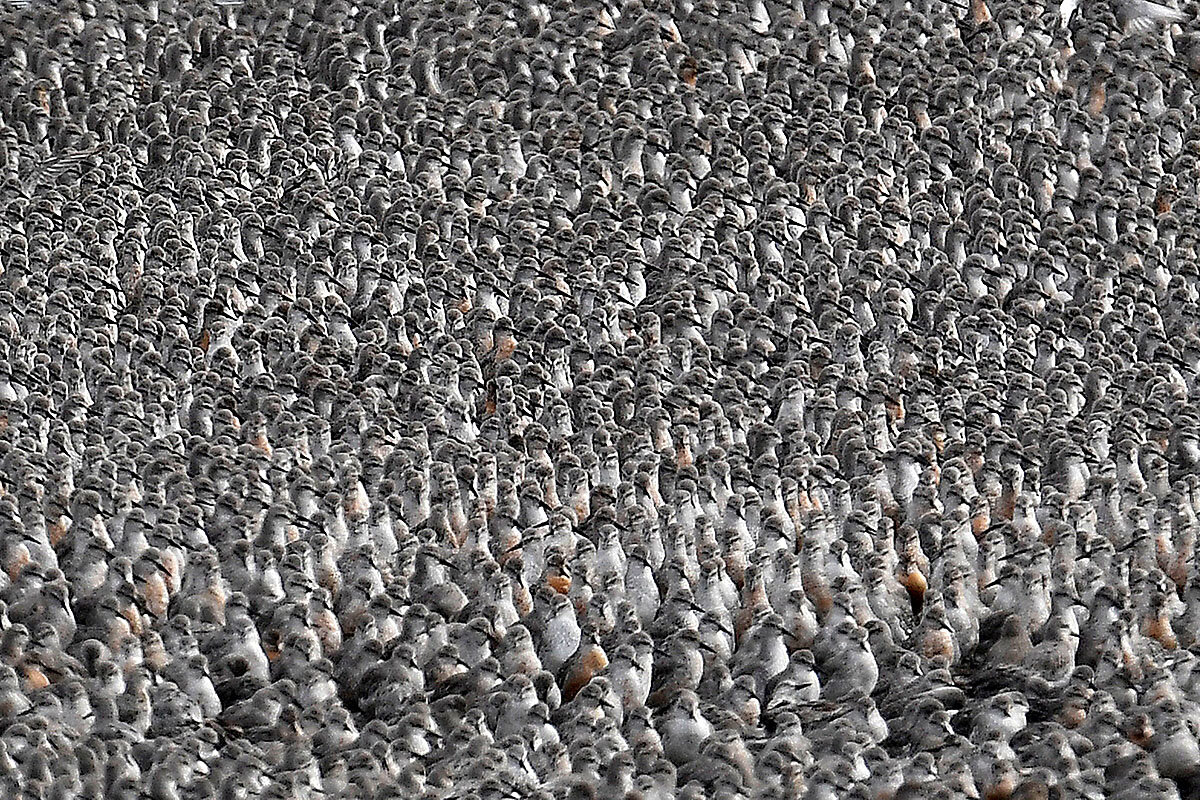The financial crisis that erupted 10 years ago is a reminder of linkages and interdependence. Global investors became the spark, yet lasting impacts still linger for many Americans.
Monitor Daily Podcast
- Follow us:
- Apple Podcasts
- Spotify
- RSS Feed
- Download
 Clayton Collins
Clayton Collins
As hurricane Florence looms off the US East Coast and a monster typhoon threatens the Philippines, each brewing up a modern-era ferocity ahead of making landfall, first thoughts go to the safety of those evacuating and of any who’ve had to stay and brace.
The storms will arrive, then leave. Long recovery will follow. Governments' responses will be reviewed. And as the impact is assessed – including in the United States the possible fallout of inland flooding in an agricultural region – a background debate will be recharged:
How much is humanity contributing to the preconditions for severe weather, and what more might it be doing to change them?
It’s hard to ignore that the US administration took steps this week to make it easier for companies to release methane, a major greenhouse gas. But others focused on a helpful act of intake: An innovative assault was begun against an 88,000-ton “garbage patch” in the Pacific Ocean.
What might become of that material? There’s standard recycling for now. But, in a small step, researchers at two British universities have just produced evidence of a way to use light to turn plastic waste into hydrogen fuel. While still prohibitively expensive to produce at scale, hydrogen power (derived through a chemical reaction, not combustion) has, as its “emission” … water.
One hopeful new cycle to consider as a hot planet makes itself felt.
Now to our five stories for your Thursday, including three on reaches for recovery: of many Americans a decade after a stock-market collapse, of college students confronting addiction, and of a deeply stressed California river-dweller.





